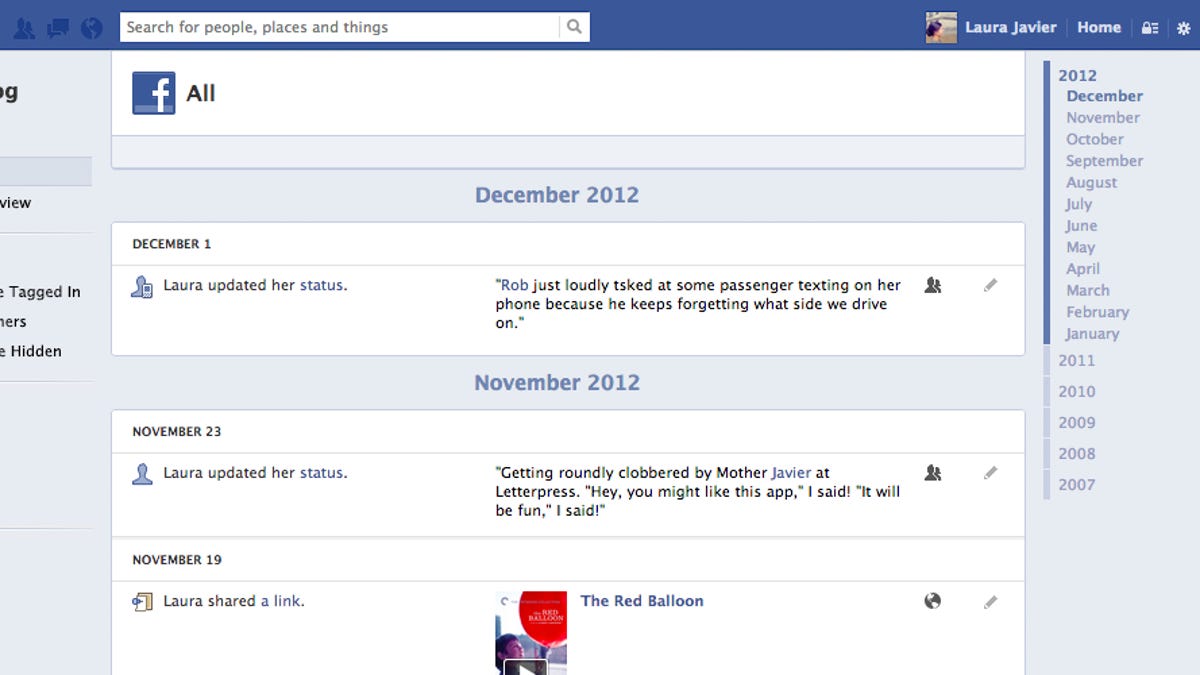Facebook voting is gone, but privacy issues just get worse
<b>commentary</b> Facebook community voting is dead, making it even harder for users to influence the social network's increasingly user-hostile privacy decisions.

Facebook has pulled the plug on community voting, following an anemic voter turnout, and today's new privacy changes in the aftermath of that decision bear ill tidings for consumer privacy.
For one thing, though not even 700,000 of the more than 1 billion Facebook subscribers voted, nearly 88 percent of those who did vote cast their ballot against the changes. But Facebook's not likely to listen to them.
Facebook is rewriting a lot of its policies to make them easier to understand, surely a noble act. Options like being able to ask somebody who's tagged you in a post or photo to untag you, and the new ability to untag multiple photos at once, are helpful -- if minor -- tools. But with frequent hard-to-understand changes to its various privacy policies, Facebook has mostly just fostered apathy in the vast majority of its subscribers -- and confusion among those who are paying attention to what Facebook is doing with their activity and the resulting data.
One change that Facebook is making is to clarify that your Facebook timeline always has been public. (Posts that you have set to be less visible will remain so.) Many people haven't known that. So, even if you hide something from your timeline, like a photo, it will still be available in your news feed and search, and possibly elsewhere. New controls let you toggle post visibility from the timeline that debuted today, but public awareness about timeline visibility is still an issue. Pretending that something you've posted to Facebook is invisible, as in real life, is not the same as it actually being invisible.
While there always will be tension between users and the providers of free services like Facebook -- who desperately want to make money off the data they collect from you -- allowing users only partial control of how their information is displayed to others in the service is definitely not what you'd consider a pro-privacy, pro-consumer stance.
Another change comes to messaging controls. The new filters that will replace the "Who can send you messages" option could easily lead to unsolicited messages. Which could mean the onset of messages resembling standard e-mail spam, which is probably something most people are not prepared for on Facebook.
And then there's the proposed Facebook ad network, about which the company has offered little more than sketchy details so far. Facebook has indicated only that its current privacy tools won't limit how your information is shared with ads. The company has also indicated in its policies that practically all of your Facebook activity and data will be available to the advertisers who use the network.
More ominously, the type of tracking Facebook ads will use has shifted from standard browser cookies to undefined "system technologies in order to serve ads." What this means in practice is that users will almost certainly start getting hit with targeted ads based on their Facebook activity -- even when they're not on Facebook. If you think cookie-driven ads are annoying now, wait until they start using your Facebook data.
Update: 12:20 p.m. PT: Clarified what changes Facebook is making to its timeline.
Update: 3:07 p.m. PT: Clarified that posts that have been set to not be visible to the public won't suddenly go public.

